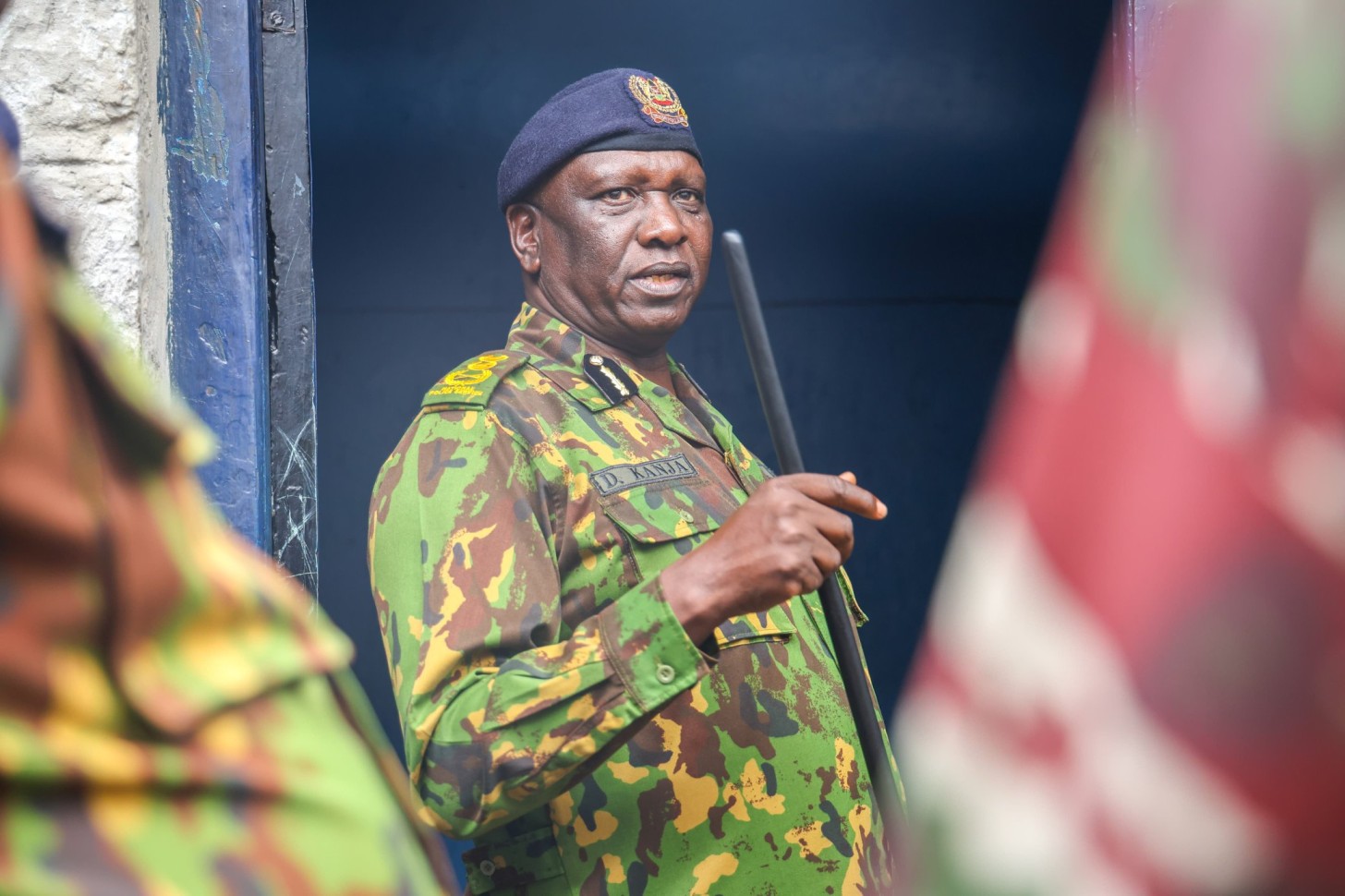Police Service unveils plan to strengthen GBV and femicide response

For improved reporting, confidential channels such as mobile apps and anonymous hotlines will be promoted.
In a move aimed at addressing growing concerns around gender-based violence (GBV) and femicide, the National Police Service (NPS) has rolled out a new strategic plan that places focus on prevention, professionalism, and public partnership.
The approach outlines key reforms in police operations, capacity building, public engagement, and justice delivery, all aimed at improving the response to GBV and related crimes.
Central to the plan is a shift from reactive policing to proactive strategies.
The NPS highlights the need to enhance operational efficiency through digital tools.
Among the proposals is the digitisation of P3 and Post-Rape Care (PRC) forms, which is expected to streamline how cases are documented and how survivors access support services.
The service also intends to integrate the Gender-Based Violence Information Management System (GBVIMS) into its internal case-tracking processes.
By doing so, officers will have access to real-time data and be able to avoid duplicate entries through the use of unique identifiers.
To further improve investigations and public safety, the strategy calls for the creation of an offender registry focusing on femicide and repeat GBV offenders.
Police Gender Units will be strengthened to improve how survivors are handled, with a focus on professionalism and empathy.
Under the capacity-building component, NPS plans to scale up training in trauma-informed care and crime scene handling, especially for first responders and detectives.
The strategy also proposes the establishment of specialised response units for GBV cases, including child protection and gender desks, at all police stations across the country.
Officers will receive training tailored to handling survivors with disabilities and those facing language barriers.
In addition, there will be targeted training in digital forensics to address the rising cases of technology-facilitated GBV.
Recognising the importance of cross-sector collaboration, the NPS will involve prosecutors, judicial officers, and medical professionals in joint training programmes to ensure that survivors receive complete support and that justice processes are well-coordinated.
To help survivors access justice faster, the service is advocating for the creation of Gender Justice Courts in all counties.
These courts are expected to fast-track GBV and femicide cases.
For improved reporting, confidential channels such as mobile apps and anonymous hotlines will be promoted.
The plan also includes the possibility of placing police officers in Level 4 and referral hospitals to allow survivors quick access to police services.
The NPS says engaging communities is key to long-term change.
The service plans to lead or support public conversations that promote positive masculinity and raise awareness on GBV laws.
These dialogues will be backed by educational campaigns encouraging people to report violence and support survivors.
On resourcing, the NPS noted that these changes require better funding to cover survivor needs, infrastructure, and logistics.
Monitoring tools, audits, and expanded Pollicare centers, developed through partnerships with county governments and private organizations, are also part of the plan.
The NPS pledged to continue working with both government and civil society actors to push forward the recommendations of the Technical Working Group on GBV and femicide.
This includes amending existing laws like the Sexual Offences Act and aligning procedures with global standards.
Further, the service plans to take an active role in creating County Referral Mechanisms and Protection Centers dedicated to GBV.
It has urged all service providers involved in response efforts to prioritise prevention and long-term solutions.
NPS concluded by stressing that efforts to end GBV and femicide require not just policy reforms but a complete shift in mindset and cultural attitudes across all levels of society.
